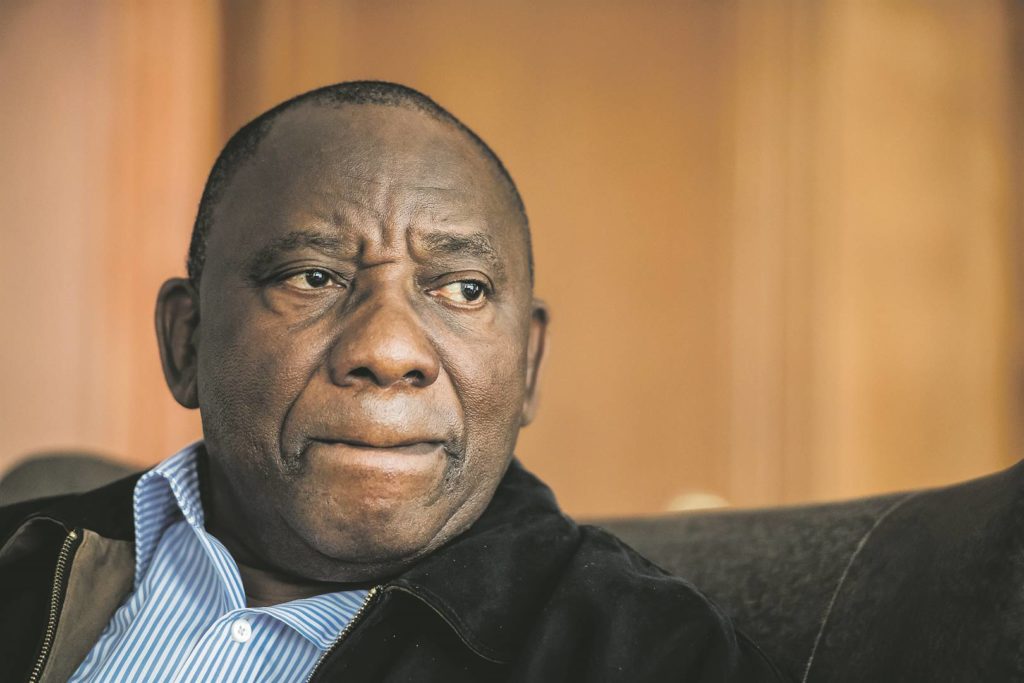A HOUSEHOLD Affordability Index in South Africa, compiled by the Pietermaritzburg Economic Justice and Dignity Group last month, highlights the rising cost of living and food in the neighbouring country.
Programme co-ordinator for the group, Mervyn Abrahams, said this week that transport costs were increasing rapidly due to fuel hikes, as were electricity prices — up more than 9% in some areas — which had also eroded the food budget.
Abrahams said that the rising cost of living was not only a burden on those living on the breadline, with middle-class South Africans also struggling.
This, he said, was due to increased costs of debt servicing, credit cards, bonds, and car repayments, with people having less cash available to spend on food.
The data showed that the average cost of a household food basket containing 44 essential items had increased by R611,44 over the past year — up 14,8% and well above the country’s consumer price inflation (CPI) which was recorded in July at 7,4%.
The minimum shortfall on food for a family was nearly 43% after securing transport and electricity, the lobby group noted. It said that food was prioritised fourth in the budget after transport, electricity and debt servicing.
“So, we see that food insecurity is also beginning to impact massively on what we generally call in South Africa the middle class.
“And it is likely that if the current interest rates trajectory continues into the next year, that many households currently in the middle class will more than likely drop into the lower-income bracket,” Abrahams said.
ANC president Cyril Ramaphosa told the political party’s policy conference last week that the government must respond “urgently and assertively” to the challenges faced by citizens on a daily basis, including food prices.
“We have also noted with great concern the impact of the rising cost of living on South African families and have made a number of recommendations specifically on rising fuel and food prices.
“We have called on the government to act urgently to support consumers and businesses at this difficult time,” he said.
Annabel Bishop, chief economist at Investec Bank said in a note this week that consumer price inflation had risen rapidly for South Africa, from 5,9% year-on-year to 7,4% — but was still below June’s CPI inflation in America of 9,1%.
“July’s figures are expected to see a halt in the severe rising pressure on inflation rates for both areas,” she said.
July’s CPI inflation rates were still likely to be high, with the US near 9% year-on-year, and South Africa close to 7,5% year-on-year, but not accelerating in the big jumps experienced in the second quarter.
“South Africa is still expected to see CPI move towards 8% year-on-year in the third quarter of 2022, from 7,4% year-on-year in June, but at a slower pace of acceleration than in the second quarter, while the fourt quarter will likely see a moderation towards 7% year-on-year, and over the course of the first quarter in 2023 to below 7% year-on-year,” Bishop added. — Businesstech
